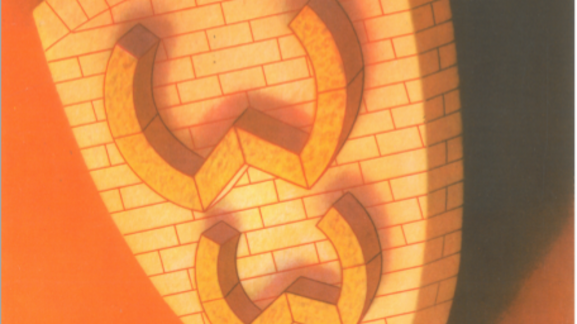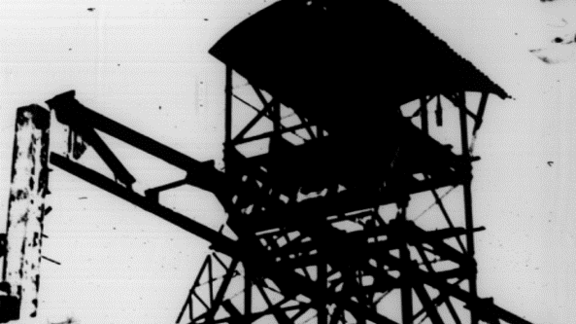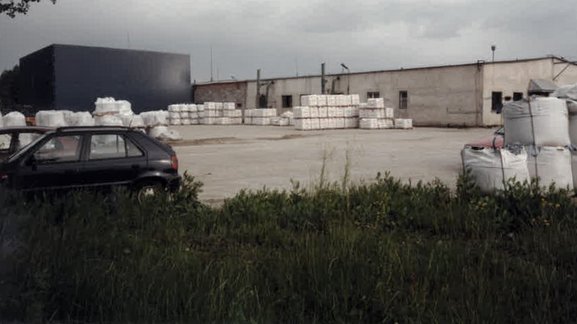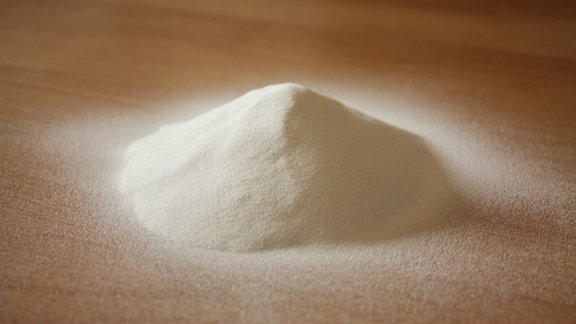

Our family-owned company has long since outgrown its idyllic rural beginnings to become a global player, of which our locations in Zhengzhou (China) and Lodz (Poland) are proof.
Fused alumina and other mineral products for a wide variety of applications are our business. We produce, refine, trade and develop technical solutions for the individual needs of our customers.
| 1909 | Founding of Westerwerke -Fabriken hochfeuerfester Erzeugnisse in Spich by Jean Wester. |
| 1961 | Westerwerke begins clay mining in Alfter-Witterschlick as Wester Tonbergbau, managed by Hanns Wester. |
It all started with the "Westerwerke-Fabriken hochfeuerfester Erzeugnisse", which Jean Wester founded in Spich in 1909. In the 1960s, the family moved the company headquarters to its present location in Alfter-Witterschlick to devote itself to clay mining. The high-quality blue clay extracted there at depths of up to 45 meters underground was a sought-after raw material for lining the blast furnaces and coke ovens of the prospering steel industry.


| 1975 | Harald Wester and his brother Arndt founded Wester Mineralien. |
| 1979 | The company develops a recycling process for the preparation of abrasives. |
In the 1970s, the worldwide trade in raw materials for the refractory industry was added, as well as the reprocessing of abrasives according to an innovative process developed by Harald Wester.
Since the 1980s, the focus has been on the trade in high-quality corundum and silicon carbide as well as their preparation and refining.
| 1990 | In China, in Zhengzhou wird ein Standort eingerichtet. |
| 1994 | The subsidiary Polmineral Sp. z o.o. is founded. |
| 1998 | A subsidiary in South Africa (Wester Minerals SA (Pty) Ltd) is established. This was sold in 2020. |


| 2005 | Wester Tonbergbau KG produces micrograins that meet the requirements of the paint , laminate and surface industry. |
| 2009 | The company celebrates its 100th anniversary. |
In 2005, Wester developed a process for the production of micrograins that even meet the high requirements of surface coating manufacturers and are used in coatings and laminates.
In the refractory and abrasives industries, corundum is largely used as a standardized mass product. Its use in organic surfaces, on the other hand, to which it imparts high abrasion and scratch resistance, requires very special finishes that must precisely meet the requirements of the respective manufacturers.